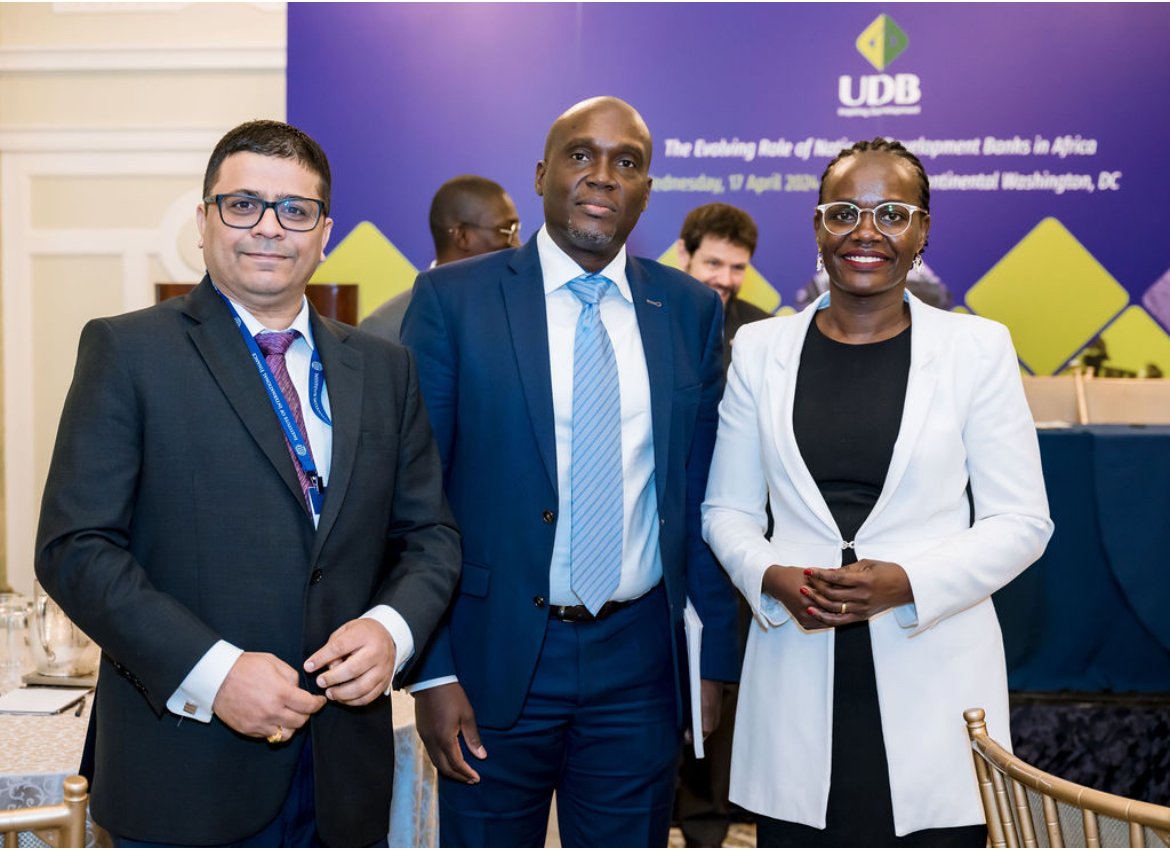An economy in the emergency ward barred senior six students from sitting exams
On Monday, whilst the National Advanced certificate exams begun, a school in Eastern Uganda locked out 12 of it’s students for failure to pay school fees.
The students, it is reported, missed their first paper but following interventions from everywhere, they were allowed to sit the subsequent exams.
Keep Reading
Of course, as with many matters, the incident caused uproar on the internet and in hushed corridor conversations. Some argued that the students should have been let into the exams but their result slips withheld until they had cleared.
Others argued, that the Parents, for whom the duty to pay fees rested should have planned to have their balances cleared by that date. Others queried, how, in the tough economic times, was the school to run and pay teachers, buy food and scholastic materials if not by using these arrears they were owed?
As with many debates in the Ugandan public space, the choice of frame each person took to the debate was influenced largely by personal experiences, political inclinations and to some extent social pressure.
The first frame of the debate attracts and relies on empathy. That each student, even those that haven’t paid their fees, deserve a chance at education. It looks at education as the key goal – the attainment of which, could change the lives of the students forever. But must it be free? Must those who run schools as businesses close shop? Must it remain a service?
Those are questions, for that frame to confront.
The second frame, that parents owe the school it’s dues and must carry responsibility and pay relies on capitalist reasoning. It is that, for every service/product consumed, there is a unit cost that must be paid for and as such, education as a product/service should be paid for. That frame also takes into account the economic times that demand teachers be paid, scholastic materials bought and a profit set aside for the founder of the school, lest they start a betting company instead.
Most of these debates don’t take into account the structural nature of the ‘lack of fees’.
It is likely, and this is on purely speculative grounds, that the parents of the students had done everything to the dot and just couldn’t get across the line of complete fees. It is also very possible, again on speculative grounds, that the school management had tried all ways of raising money to pay their suppliers and couldn’t get across the line, till they zeroed down to the defaulters.
The structural nature of our ‘bad economic times’ is not only in schools. Many employed people are catering to more than four dependents and as such, their paycheck is paltry. Many more can’t find jobs, many more are overly qualified for the jobs they are doing, many more are taking each day as it comes.
In a 2016 opinion poll for the NGO Forum, 76% of the respondents said they thought the economic conditions had become worse year after year. Majority of these were from the North and Eastern parts of the country.
And yet, in the same time, the economy has worked for some. In that very poll, 16% thought times were now much better.
Structurally, the economy is working for some and not working for others. The ones it’s delivering for are fewer and only about a quarter of the general population which means, the inequality problem is also alive and structural.
The joint bill of defaulters in the school was 3.6 million which, for some schools in this same country is not even a quarter of the bill for one student’s tuition.
In 1986, by the ten point programme, NRM promised to pursue an intergrated, independent and self-sustaining economy. Years on, that economy was born but is on a consistent visit to the emergency ward. The resurgent illness it suffered was the famed ‘Structural Adjustment Programme’ which had the effect of taking government out of business – largely due to it’s inefficiency and also privatizing the access to, use of and benefit from capital. What this has done is take government out of the business of distribution of wealth and created an unequal society.
The students that failed to sit these exams will most likely find, after school, that they don’t have the potent social and institutional base to attract capital to their ideas and will then be relegated to poverty. They too, if we don’t work hard and smart to have a policy intervention, will have trouble paying their children’s school fees.
And the debates will still follow them, asking why they are not responsible enough to pay for their children while, then, the Indian community, which might be a tribe, will give another handout.














